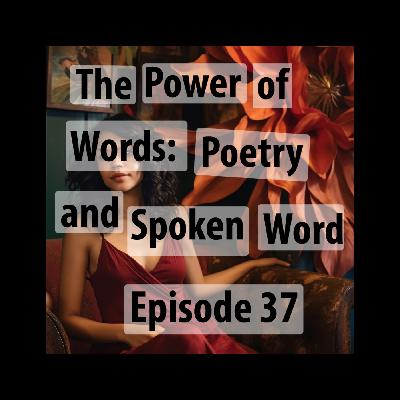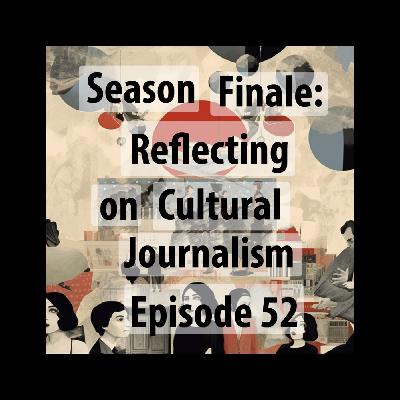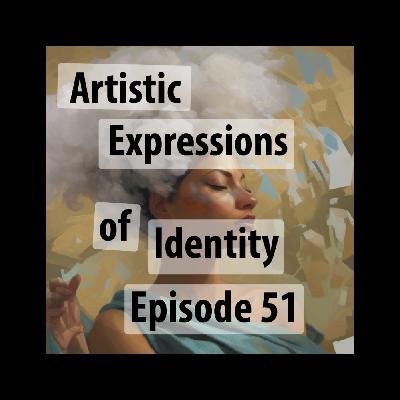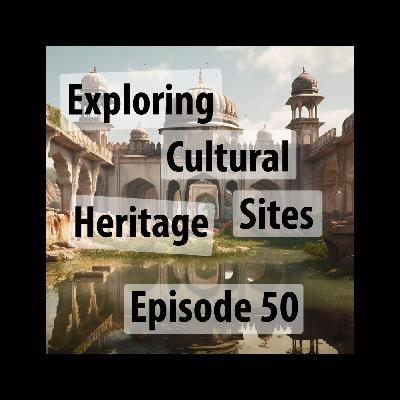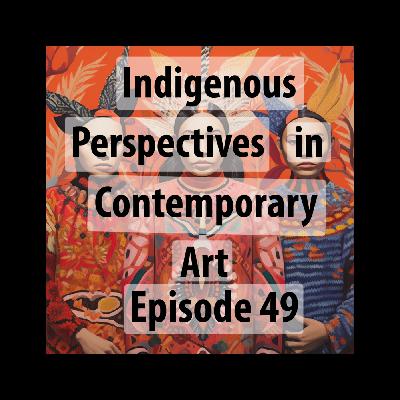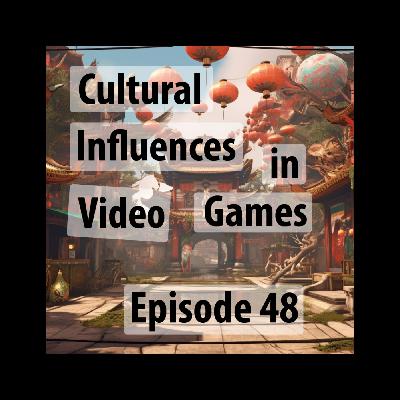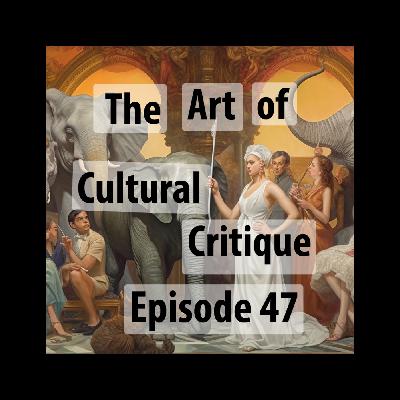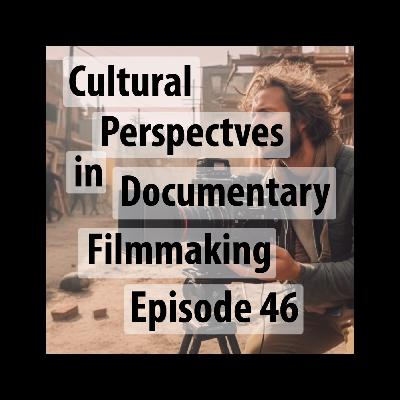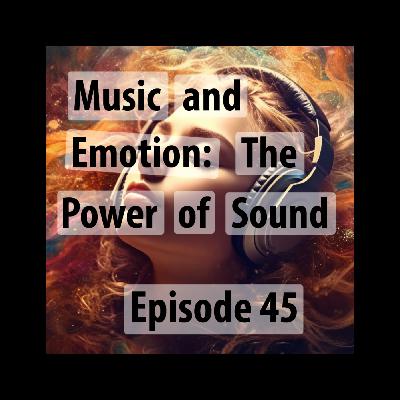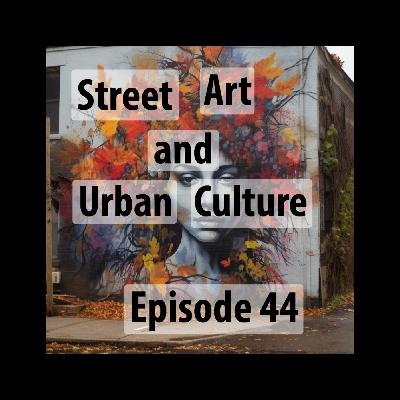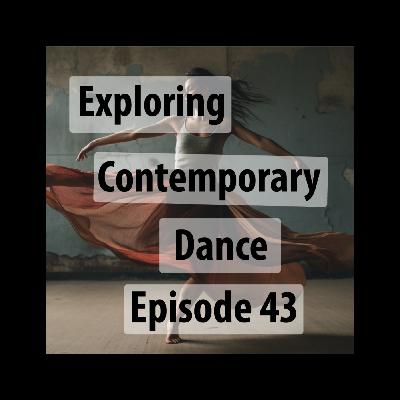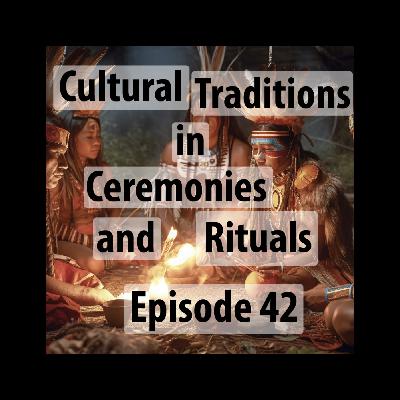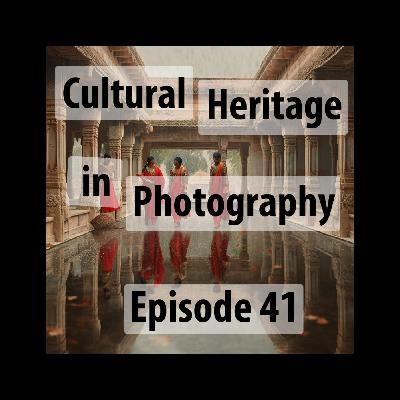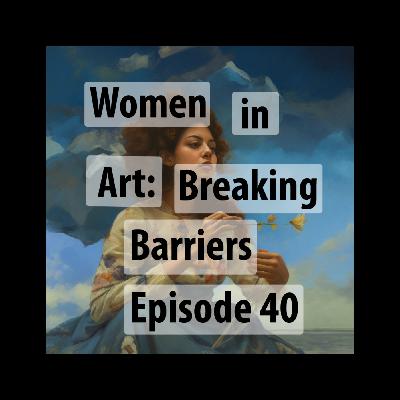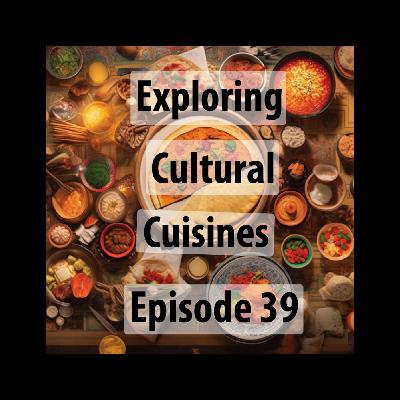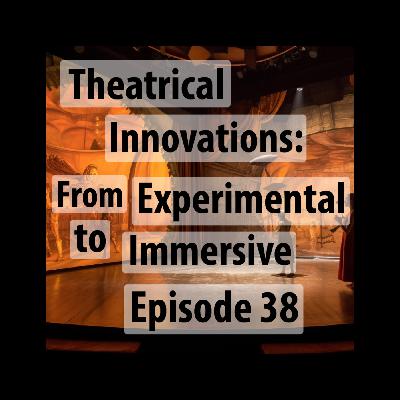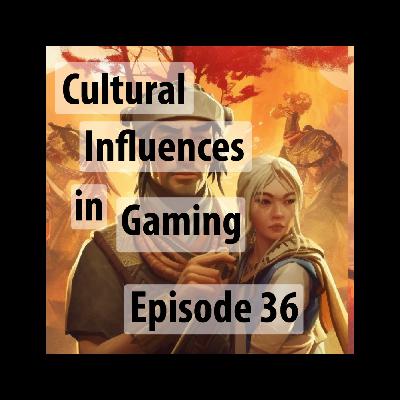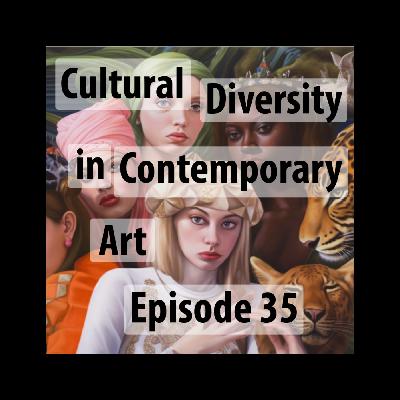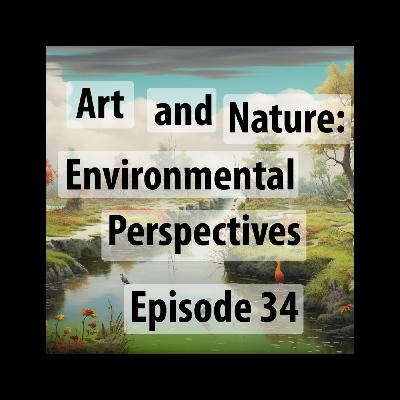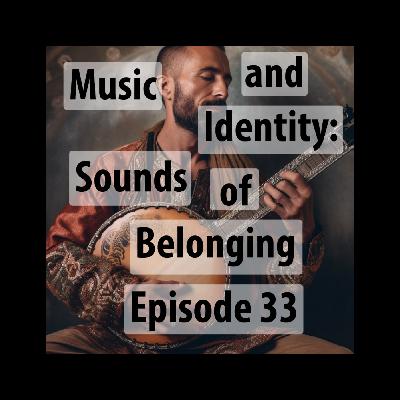The Transformative Force of Language: An Incisive Exploration of Poetry and Spoken Word
Description
Episode Notes: "The Transformative Force of Language: An Exploration of Poetry and Spoken Word"
Introduction:
- The episode begins with exploring the intellectual and transformative power of poetry and spoken word, asserting that these forms of artistic expression are not mere embellishments but profound encapsulations of human experience.
- The host sets the stage for a penetrating journey into the heart of poetry and spoken word, challenging conventional wisdom and delving into their historical context and impact.
Challenging Conventional Wisdom:
- The common misconception of poetry and spoken word lacking practical significance is addressed.
- The narrative shifts to highlight the inherent ability of these art forms to encapsulate complex emotions, provoke thought, inspire action, and serve as catalysts for social change, reshaping societies and challenging the status quo.
Historical Tapestry:
The episode delves into the ancient origins of poetry and spoken word, starting from the oral traditions of ancient Greece, where epic poems like Homer's Iliad and Odyssey shaped cultural identity and collective memory.
The discussion moves to the Romantic era, highlighting poets like Wordsworth, Coleridge, and Byron, who used their works to rebel against societal constraints, celebrate individuality, and confront industrial-age injustices, redefining humanity's relationship with the world.
Power of Emotional Resonance:
- The episode explores how poetry and spoken word resonate deeply with human emotions, allowing individuals to express the inexpressible and find solace, empathy, and catharsis.
- Maya Angelou's works are highlighted as transcending racial and gender boundaries, with her poetry serving as a call for equality and justice and empowering individuals to confront adversity.
Weapon Against Injustice:
- Poetry and spoken word are presented as potent weapons against injustice and tyranny, capable of exposing hypocrisies, dismantling oppressive narratives, and igniting social movements.
- The Harlem Renaissance is spotlighted, emphasizing the role of African American poets like Langston Hughes in defying racial stereotypes, championing civil rights, and compelling societal confrontation with racial inequalities.
Unapologetic Pursuit of Intellectual Rigor:
- The episode encourages a critical engagement with the world through poetry and spoken word, which provide unique perspectives on societal structures, moral dilemmas, and existential questions.
- Poets like T.S. Eliot and Sylvia Plath are discussed for their wit and intelligent observation, offering insights into the human condition and provoking self-reflection and examination of life's complexities.
Conclusion:
- The episode concludes by reaffirming the transformative power of poetry and spoken word in shaping civilizations, challenging social norms, and igniting revolutions.
- The host emphasizes the importance of not underestimating the power of words and art in reshaping the world, urging listeners to commit to intellectual rigour and critical engagement to redefine cultural narratives and forge a more enlightened, compassionate society.

